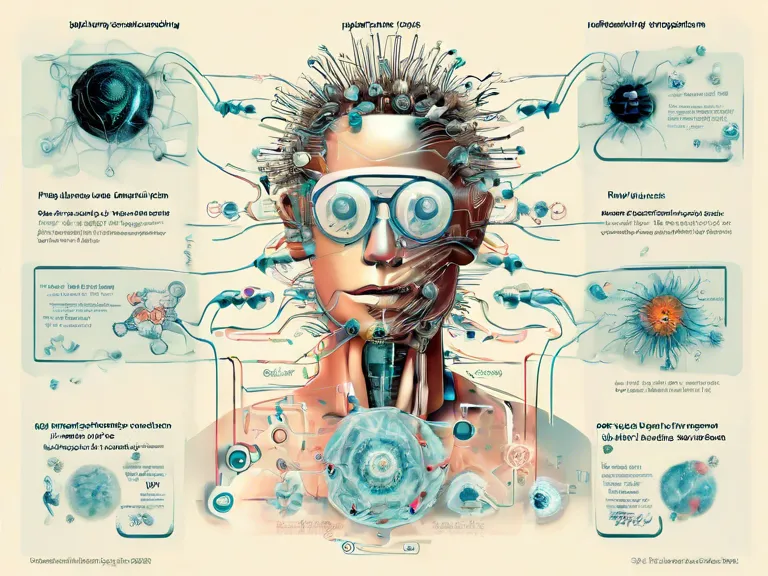
Explore the philosophical implications of viral tech trends in the digital age, from AI and VR to social media and automation. Delve into the ethical dilemmas and societal impacts of our rapidly evolving technological landscape.
In recent years, the rapid advancement of technology has brought about significant changes in the way we live, work, and interact with one another. From smartphones to social media platforms, the digital landscape has evolved at an unprecedented rate, shaping our perception of reality and influencing our behaviors in ways we may not even be aware of. This digital evolution has given rise to numerous tech trends that have gone viral, capturing the attention of millions and transforming the way we engage with the world around us.
One of the most notable tech trends in recent years is the rise of artificial intelligence (AI) and machine learning. From virtual assistants like Siri and Alexa to self-driving cars and automated customer service, AI has become an integral part of our daily lives. While these technological advancements have made our lives more convenient and efficient, they have also raised important questions about the ethical implications of relying on machines to make decisions that were once reserved for humans.
Another viral tech trend that has captured the imagination of the masses is virtual reality (VR) and augmented reality (AR). These immersive technologies have the potential to revolutionize the way we experience the world, from entertainment and gaming to education and healthcare. However, as VR and AR become more integrated into our daily lives, we must grapple with the philosophical implications of living in a world where the boundaries between the digital and physical realms are increasingly blurred.
As we continue to witness the digital evolution unfold before our eyes, it is important to critically examine the impact of viral tech trends on our society, culture, and individual lives. By exploring the philosophical implications of these trends, we can better understand the complexities of the digital age and navigate the challenges and opportunities it presents.


